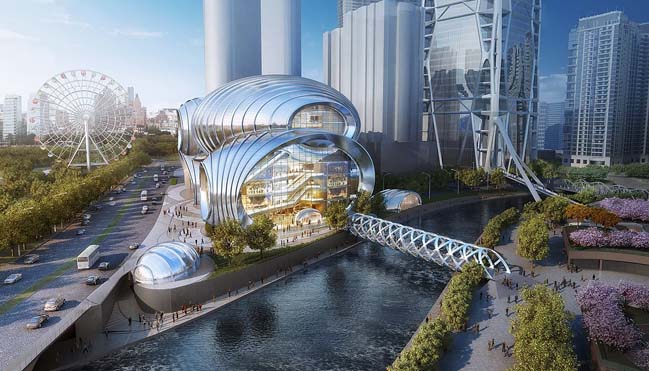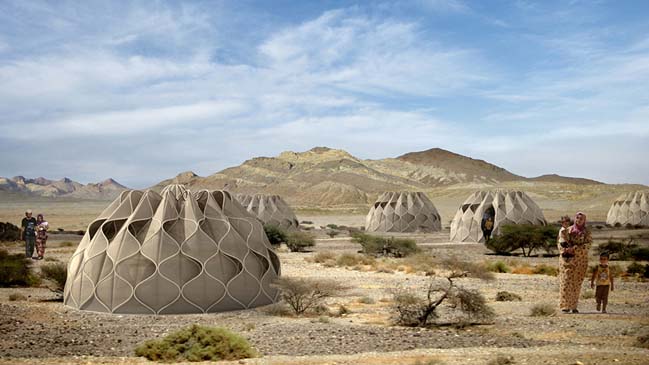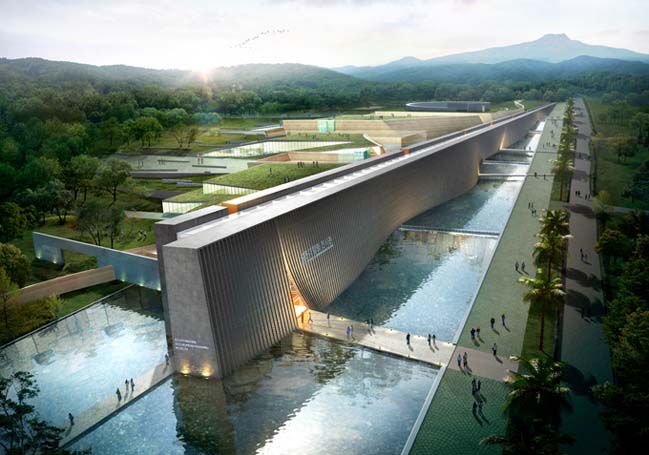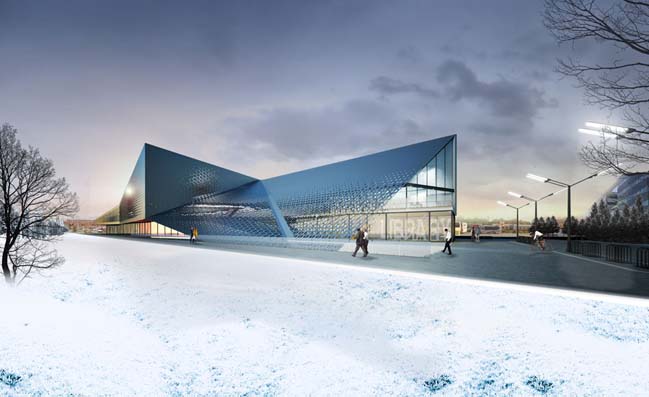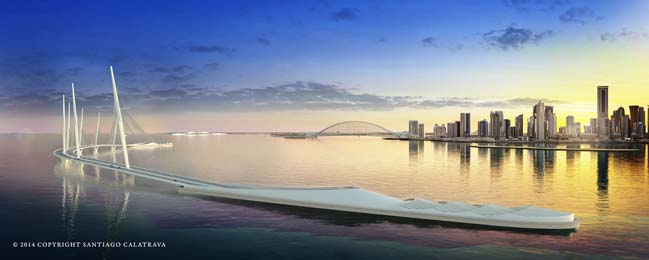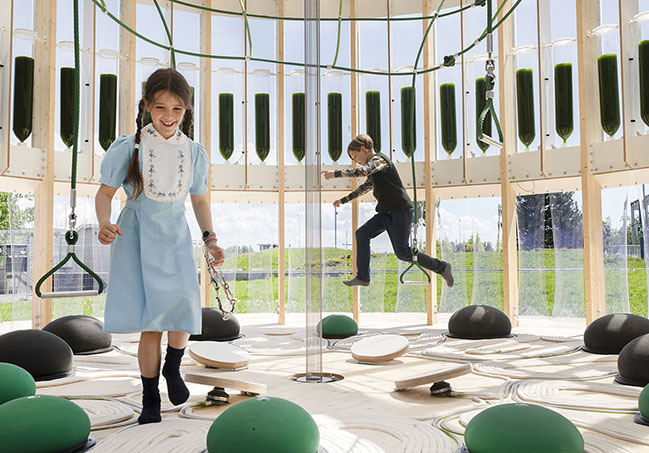01 / 06
2016
Guggenheim Museum's design inspired by the Finnish landscape like as lakes, archipelago, forest and climate to create a strong connection between architecture and nature of Finland.
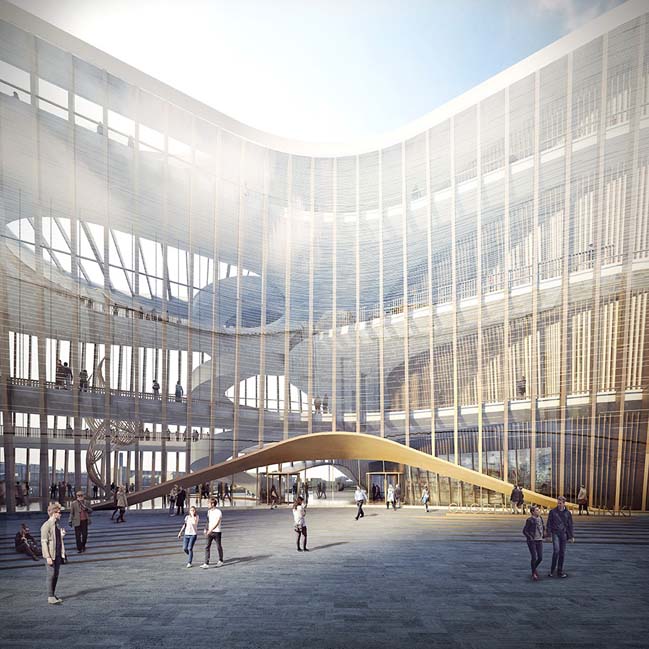
Architects: Haptic
Location: Helsinki, Finland
Status: Competition
Year: 2015

From the architects: The architecture builds upon Finland’s rich design history through the building’s compelling curvaceous form and with creative, warm and elegant interiors; which employ a natural material palette.
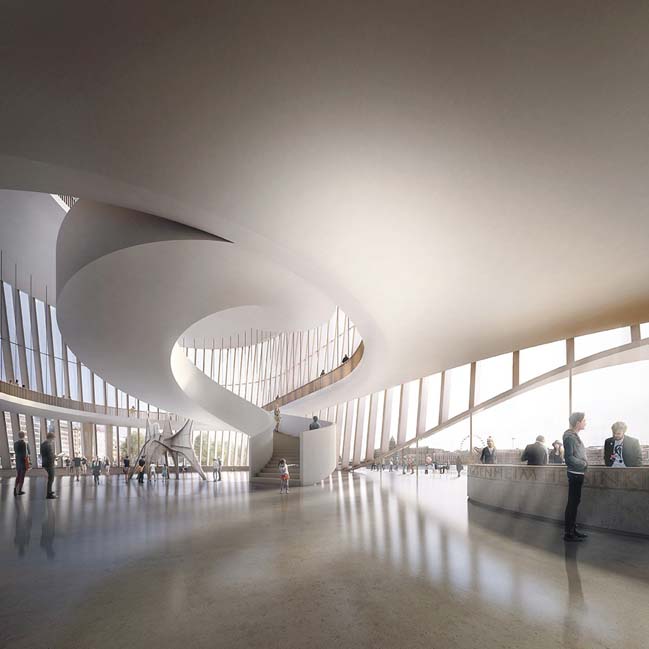
The building is functionally divided into two parts; the galleries & administration and a generous new living room for Helsinki. The living room provides a flexible, multi-functional public space for large-scale art installations, performances and events. The flexible gallery spaces are organised over three floors, with a centralised servicing core.
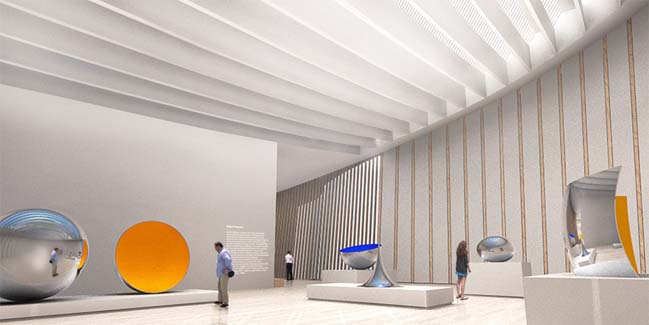
The structure of the facades have a clear vertical expression, a reference to the Finnish forest, filtering light, casting shadows and creating reflections in the interior. Solar shading analysis has been used to inform the building form, to provide external spaces which are sunlit and shaded at different times of year and north lights provide diffused natural daylight to the upper gallery.
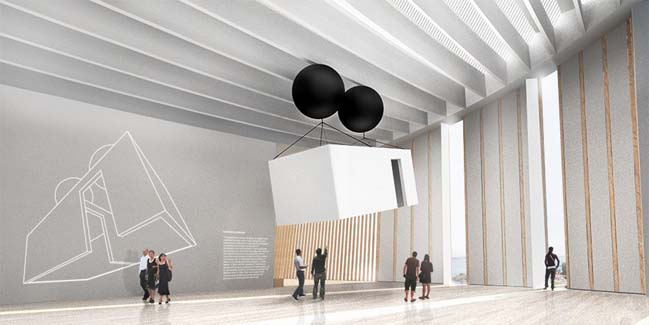

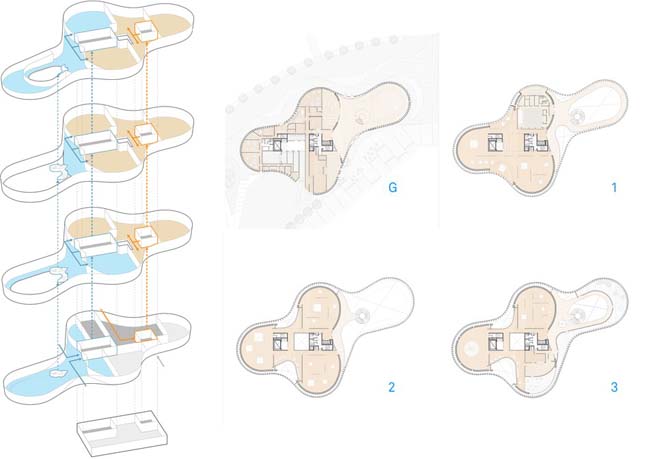
> New Museum of Contemporary Art in Buenos Aires
> Architecture: Three Museums One Square
> The Museum of Middle Eastern Modern Art by UNStudio
Guggenheim Museum: A connection of architecture and nature
01 / 06 / 2016 Guggenheim Museum's design inspired by the Finnish landscape like as lakes, archipelago, forest and climate to create a strong connection between architecture and nature of Finland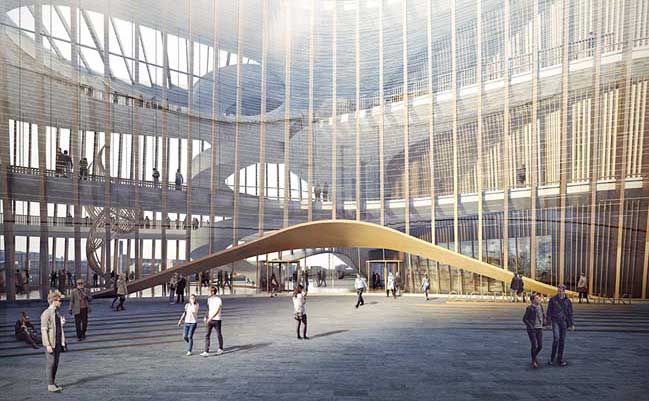
You might also like:
Recommended post: AirBubble by ecoLogicStudio
